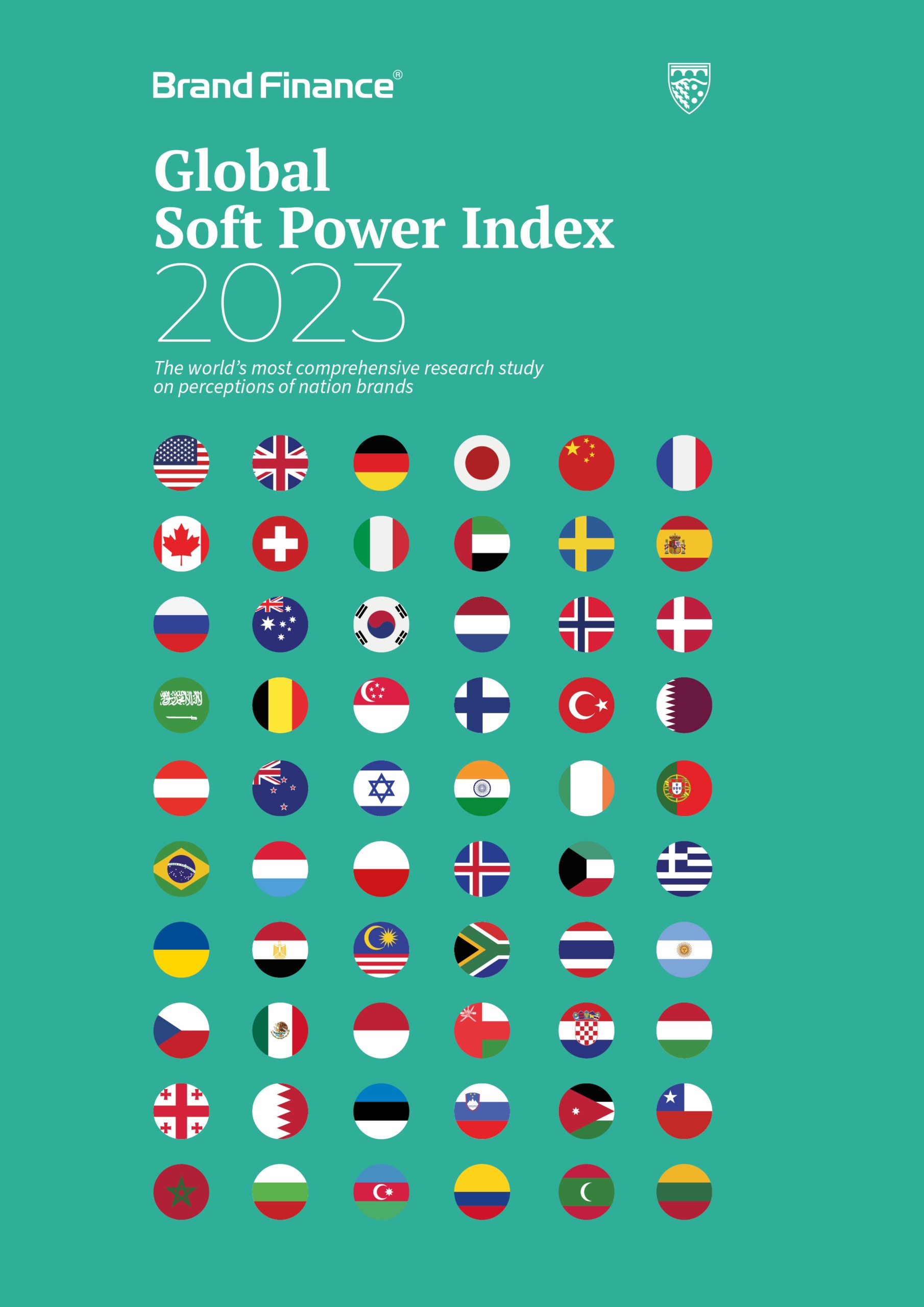This article was originally published in the Global Soft Power Index 2023.

The Commonwealth occupies a unique place in the British constitution and our history. It is embodied in our laws and part of the formal title of our foreign ministry – the Foreign, Commonwealth and Development Office. Its headquarters is in London. Its head is our King, Charles III, who is also incidentally the monarch of 14 other member countries. Some see it as a relic of Empire, others as Britain’s unique Soft Power opportunity.
The Commonwealth has had its fair share of challenges and opportunities. Some countries who were never part of the British Empire have decided to join. Other countries have left. And there have been deep political divides. Nevertheless, the Commonwealth survives. It is bound together partly by (complex) history, language, legal systems, and even sport.
Understanding the trade and Soft Power advantages of the Commonwealth is complex. The UK’s trade with Commonwealth nations represents just under 10% of our global trade – and much of that represented by just five members. By far, our biggest trading partners are the United States and the European Union. There have been attempts to create free trade zones within the Commonwealth, but more recently the focus on trade seems to have been simply an attempt to repackage already existing global initiatives. No one can really argue that the Commonwealth gives Britain a unique economic advantage.
In fact, it could be argued that the Commonwealth acts, perhaps paradoxically, as a kind of brake on Britain fully taking its place in the world as a modern global trading nation. We can sometimes miss the opportunities that our competitors are taking up with gusto. There are huge benefits, for example, to be gained by Britain engaging in Southeast Asia and the Middle East. Our trade with ASEAN, for example, is just a quarter of our trade with the Commonwealth, yet ASEAN is now in effect the fifth richest nation on earth.
I am not arguing that we should turn our backs on the Commonwealth or disband the organisation. No one would seriously ask Britain to give up something of value, even if it is difficult to quantify. But we need to modernise it and put our role within it into perspective. Not every country in the Commonwealth shares our values, and not all will be effective trading partners. We should perhaps pivot harder towards organisations and alliances that promote open economies and liberal systems of government.
As King Charles prepares for his coronation, there is no one better to think deeply about the role the Commonwealth plays in Britain’s Soft Power. He has far too great a sense of duty to ever voluntarily give up his thrones. But the transformation of Barbados from monarchy to republic was handled deftly and probably enhanced Britain’s reputation there and abroad. The time may come when King Charles and the UK is faced with other calls by countries to change their status. Rather than resist, we should welcome the birth of a modern Commonwealth and the opportunity to enhance our Soft Power.

